When democracies and autocracies are seen as interchangeable targets, the language of democracy becomes hollow, and the incentives for democratic governance erode.
Sarah Yerkes, Amr Hamzawy
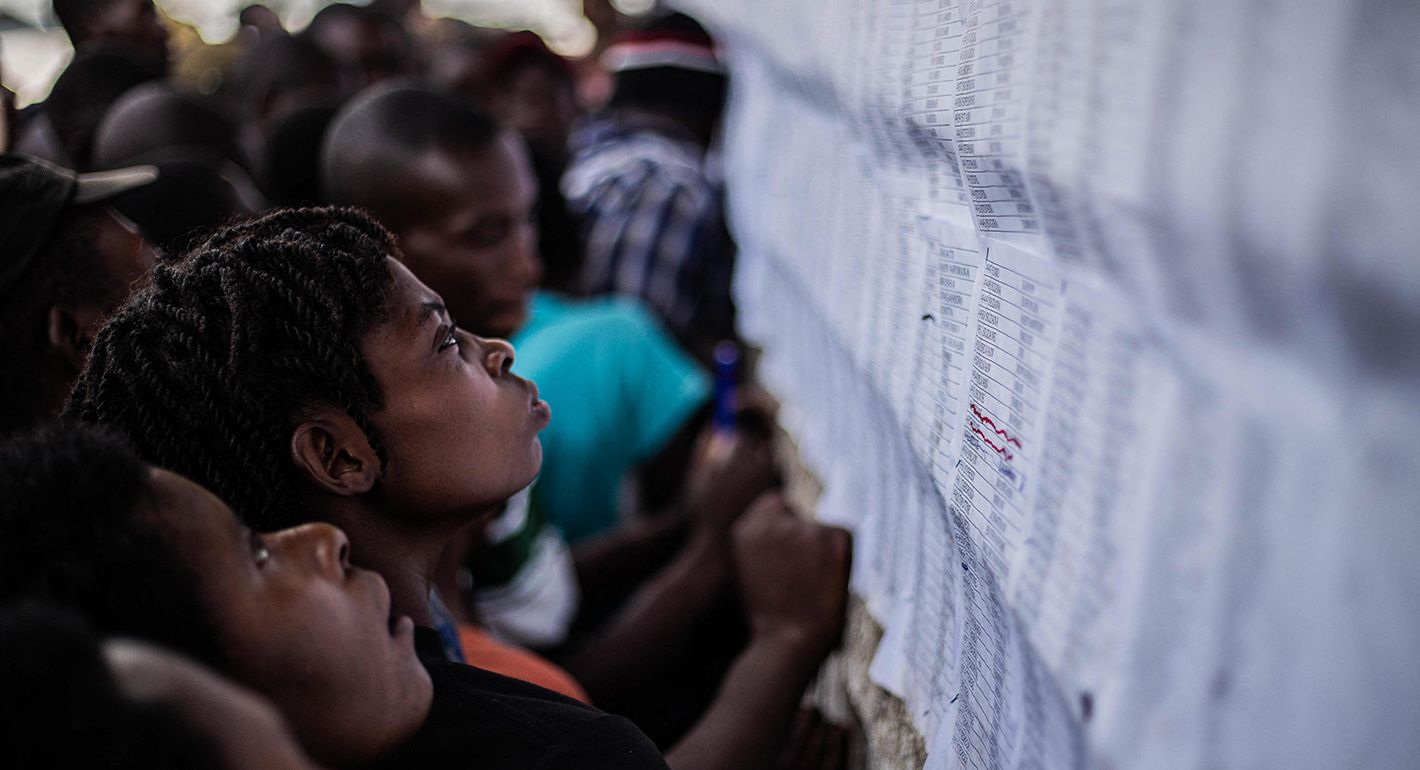
Source: Getty
Africa’s democratic trajectory will be determined by issues beyond the headlines, such as whether democracy can deliver for citizens and how transitions unfold.
Last year—dubbed the year of elections globally because of the sheer number of polls—held huge implications for democracy around the world. Africa represented a major part of the picture, with nineteen presidential or general elections originally on the docket, though some ultimately did not occur. This year offers a more modest electoral slate on the African continent—only nine presidential votes are scheduled, kicking off April 12 in Gabon.
But although fewer elections are on tap this year, 2025 still holds significant consequences for Africa’s democratic trajectory. In particular, four big questions will shape democratic pathways in Africa over the rest of 2025 and beyond: whether newly elected governments can deliver for their populations; whether the trend of executive power grabs can be mitigated; how post-coup political trajectories will unfold; and what will come next in countries facing inevitable turnovers. Democracy’s supporters, both on the continent and outside it, should peer behind the headlines to track how these open questions unfold over the coming months.
The final months of 2024 witnessed several notable losses by incumbent parties, with significant broader implications for the trajectory of African democracy. The Botswana Democratic Party, which had ruled Botswana since independence in 1966, was soundly beaten at the polls by the left-leaning Umbrella for Democratic Change and its candidate, Duma Boko—a remarkable and unpredicted defeat for the liberation party that had dominated Botswana’s politics the past fifty-eight years. In Mauritius, the Alliance for Change coalition won a landslide victory over the governing coalition, returning former prime minister Navin Rangoolam to the office again. In Ghana’s December election, former president John Mahama was returned to office after defeating the then incumbent party’s vice president, riding on economic discontent and a promise of a “24-hour economy.” In Senegal, after tumultuous electoral delays (profiled further below), political newcomer Bassirou Diomaye Faye defeated the ruling party’s candidate. Notably, in each case, the losing party graciously and promptly conceded the election and stressed respect for the democratic process.
These recently installed governments now face a huge test of tangibly delivering for their citizens—and democracy’s supporters should watch closely. The new governments all face economic headwinds that troubled their predecessors, while also having to confront their own particular circumstances—from Botswana’s need to diversify away from the diamond industry, to Mauritius’s need to finalize a deal with the UK on Chagos Islands, to Ghana’s struggles with high inflation and rising poverty after its sovereign debt default in 2022.
These governments’ ability to pass these tests will have broader implications for democratic consolidation across the continent. Per Afrobarometer, despite the strong overall support for democracy as a system of government across the continent, only 37 percent of Africans say they are satisfied with the way that democracy actually works in their own countries. The 2024 year of elections in Africa was bedeviled by problems—from unconstitutional postponements or cancellations of elections, to votes marred by violence. Accordingly, demonstrating that voters’ decisions can lead to peaceful transfers of power, and ultimately to material improvements in citizens’ lives, will have important demonstration effects for democracy across the continent. Regardless of whether the newly installed governments feature long-familiar faces (as in Ghana and Mauritius) or a fresh generation of leadership (as in Botswana and Senegal), citizens will be watching closely.
The year 2024 featured mixed developments on the fraught issue of executive power grabs. Senegal witnessed the central drama and ultimate democratic good news story. Last February, then incumbent president Macky Sall announced he was postponing elections, viewed as an attempt to prolong his own stay in power after having served the maximum two terms. After a notable combination of domestic, regional, and international pushback, Sall reversed course. Vocal opposition figure Ousmane Sonko was released from jail but barred from running, and a relatively unknown young opposition politician—Bassirou Diomaye Faye, who had also been jailed—ran in his stead. Ultimately the elections were held, Sall’s term concluded on time, and Faye won the presidency, naming Sonko as his prime minister. For most analysts, this election saga ultimately constituted a win for democracy.
But the bigger picture is less positive, as leaders across sub-Saharan Africa have increasingly employed creative methods to extend their terms in office by manipulating political institutions. In Togo last year, the ruling party operationalized constitutional changes to create a new parliamentary regime, allowing the longtime Togolese president, Faure Gnassingbé, to become analogous to a prime minister and stripping power from the now largely ceremonial presidency. This move provides a mechanism for Gnassingbé to remain in office for life, and sidestep Togo’s hard-fought provision of presidential term limits. The developments in Togo came on the heels of events the previous year in Central African Republic, where the government pushed through a constitutional referendum dropping presidential term limits, another in a long string of examples of executive power grabs.
These increasingly cunning efforts to extend a leader’s tenure in office are more understated than outright military coups, but no less corrosive to democracy. They undermine the people’s confidence that they can bring about change at the ballot box. Executive power grabs go against public opinion—Afrobarometer notes that 72 percent of Africans support presidential term limits. Term limit evasions also can open the door to military coups: as analysts have shown, five of the eight African countries that experienced coups since 2015 had term-limit-evading leaders—Chad, Gabon, Guinea, Sudan, and Zimbabwe.
Côte d’Ivoire’s president, Alassane Ouattara, is on his already-dubious third term; he ran in 2020 after his designated successor died, arguing that his country’s 2016 constitutional revision had restarted the term-limit clock, which the Constitutional Court then supported in a controversial decision. This year, he has hinted that he will run again, raising a real risk of political crisis and violence. Looking further ahead, there are causes for concern about ruling party maneuvers to evade term limits in Zimbabwe’s 2028 election, and in Democratic Republic of Congo’s 2028 election, through constitutional changes, as well as related concerns of nearer-term instability.
The domestic and international responses to these and other potential executive power grabs will have wide-reaching implications for democracy’s trajectory on the continent. For democracy’s supporters, Senegal’s 2024 playbook on pushback to power grabs is worth studying. As Alex Noyes and Louison Sall describe, it hinged upon a robust civil society and engaged citizen pushback; strong military and judiciary institutions (including the Constitutional Council); and concerted pressure from regional organizations and outsiders (including direct high-level engagement from the United States).
Another key question is the pathway of countries that have experienced military coups in recent years. Democratic prospects appear dim across Burkina Faso, Mali, and Niger—the self-proclaimed Alliance of Sahel States—as the military rulers in all three have extended putative timelines for return to democracy while consolidating their power. In Burkina Faso, the ruling junta postponed the presidential election originally slated for July 2024 for five years, while military ruler Ibrahim Traoré has raised his regional profile. In Niger, a tightly controlled national conference in February further prolonged the time frame for a supposed transition to democratic rule; then late March 2025, junta leader Abdourahamane Tiani was named president for the next five years. In Mali, a 2023 constitutional revision allowed for the current military ruler to run and concentrated power in the presidency; the ruling junta then indefinitely postponed slated elections, and subsequently fired a civilian prime minister who had criticized the election delays.
In coup-affected countries outside of the Sahel, some elections appear on the horizon, but the democratic picture is still inauspicious. In Guinea, the coup government delayed elections that had been planned for December 2024, but seems to have rescheduled them for later this year. Leadership there now appears to be ready to emulate a playbook perfected in Chad, to include a stage-managed constitutional referendum that opens the door for Guinea’s military ruler Mamadi Doumbouya to run in perfunctory elections, all while cracking down on opposition and civic space. Gabon’s story is similar: since the August 2023 coup, Transition President Brice Oligui Nguema has led the country through a highly orchestrated set of democratic transition milestones—including a highly constrained National Dialogue, rewriting of the constitution, and a notably imperfect constitutional referendum. In a somewhat refreshing variation on the theme of electoral delays, Oligui’s camp has moved the presidential election earlier, to this month. But this vote appears likely to cement this orchestrated transition, and he has announced his intention to run in an election that will almost certainly witness extremely constrained opposition and civil society.
With no democratic breakthroughs likely on the horizon, several issues will loom large for their broader implications for democracy’s fate in these coup-affected countries. First, democracy’s supporters will need to assiduously track how conditions are changing under junta governments. In large part, coups occurred as an outgrowth of the public (and the military’s) perception that democratically elected leaders were not delivering for their populations, in terms of both security and economics. Yet years after the coups, conditions in these countries have largely not materially improved. The international research group Armed Conflict Location and Event Data (ACLED) shows that the past two years were the deadliest on record for political violence in the Sahel. The World Food Programme estimated that 45,000 people suffered from catastrophic levels of hunger across the Sahel in 2023, mostly in Burkina Faso. The junta government in Niger has missed multiple debt payments, defaulting by over $500 million. The coup governments in Mali and Niger have struggled to meet basic water and power needs for their citizens.
Given the shrinking space for media to report in these countries, making the public aware of overall trends will be a heavy yet necessary lift. Over the past ten years, per Afrobarometer, Burkina Faso and Mali have shown a striking decline in the percentage of the population who reject military rule (by thirty-six and forty points respectively). Whether these numbers shift in coming years will depend upon how conditions change, and whether the public has access to information about them. Support for independent media, against a wave of disinformation across the region, will thus be all the more important.
A second imperative will be to closely assess how each case unfolds and push for marginal yet still important improvements wherever possible. Pushing for relatively more opposition space, relatively more freedom of media, and relatively more independent electoral bodies still matters—even while not shying from decrying outright shortcomings. As Joseph Siegle notes, coup-affected countries will likely host “electoral exercises that employ the trappings of an election but where actual participation—and thus the outcome—are tightly controlled.” But democracy’s supporters should still prioritize differentiating between degrees of bad and worse and try to incentivize coup governments to avoid the latter. As it becomes more difficult to manage electoral theater in the ballot-stuffing ways of the past, holding any election is still likely better than none at all, and contributes to the possibility of a nascent civic culture. As previous experiences, such in Gambia in 2016, have shown, even tightly controlled electoral exercises sometimes witness unexpected breakthroughs.
A final key issue is the inevitability of more leadership transitions ahead. The world’s youngest continent hosts many of the world’s oldest leaders. Actuarially inescapable transitions over the coming years will represent once-in-a-generation openings in several long-static political environments.
In Cameroon, 92-year-old Paul Biya—the oldest head of state in the world and an eye-popping 74 years older than the median Cameroonian—has disappeared from public view for large periods of time in recent years. In Côte d’Ivoire, Ouattara himself is 83. Equatorial Guinea’s leader, Teodoro Obiang Nguema Mbasogo, now aged 82, seized power in a military coup in 1979 and took on the title of president in 1982, making him the longest-ruling president in the world today. Uganda’s Yoweri Museveni, now 80, is in his fortieth year and sixth term in office. In Djibouti, President Ismail Omar Guelleh, now 77 and in his fifth term in office, has longbeen dogged by health rumors.
Though these leaders have all defied term limits in one way or another, they will not be in power forever. Whenever they do leave the scene, the windows for potential systemic change will be consequential. For example, in Cameroon—regardless of the outcome of elections this October, in which Biya plans to stand for his remarkable eighth presidential term—key questions will come to the fore when Biya does eventually leave power: whether elections will be held in a timely manner per the constitution, and whether the historically fragmented opposition can coalesce, despite closing civic space and Russiandisinformation. In several countries, including the Republic of Congo, Equatorial Guinea, and Uganda, incumbents have groomed their sons for power—though in all cases, the success of those efforts will ultimately depend upon whether other elite actors fall in line, and whether these sons of privilege prove capable of maintaining the necessary alliances to take over their fathers’ seats for the long haul. Thus, the inevitable transitions may very well further deepen the personalization of power and entrench dynastic rather than democratic politics in these counties.
These inevitable transition junctures could offer the unusual chance for elections and handovers—or lead to authoritarian entrenchment, elite consolidation, or conflict. Democracy’s supporters inside and outside the region should be prepared to spring into action in support of democratic processes whenever these inevitable transitions do occur.
In recent weeks, another round of annual research reports, including from Freedom House and Varieties of Democracy, confirmed a dispiriting global trend: democracy’s fortunes continue to decline. But global snapshots can only suggest so much, and the situation in Africa is nuanced and varied, in some cases sobering and in others hopeful. The questions laid out above, as well as others—from the trajectory of popular protest movements, to the outcomes of some genuinely competitive elections on the docket in the months ahead—offer a preliminary framework to assess how the picture evolves.
That the story of democracy in Africa is still being written should come as no surprise. As former Liberian president Ellen Johnson Sirleaf reflected in 2018, “Democracy is never given on a silver platter. It has to be earned, defended, and nurtured every day, everywhere—in Africa, in Europe, and in the United States.” For democracy’s supporters, both inside and outside the continent, the imperative will be to continually look beyond the headlines to understand the deeper trendlines—and to continue earning, defending, and nurturing democracy every day in the years to come.
Editor’s Note: The text has been updated to clarify the timeline of Teodoro Obiang Nguema Mbasogo's rise to power.
Carnegie does not take institutional positions on public policy issues; the views represented herein are those of the author(s) and do not necessarily reflect the views of Carnegie, its staff, or its trustees.
When democracies and autocracies are seen as interchangeable targets, the language of democracy becomes hollow, and the incentives for democratic governance erode.


Sarah Yerkes, Amr Hamzawy
German manufacturing firms in Africa add value, jobs, and skills, while benefiting from demand and a diversification of trade and investment partners. It is in the interest of both African economies and Germany to deepen economic relations.
Hannah Grupp, Paul M. Lubeck
Carnegie scholars examine the crucial elements of a document that’s radically different than its predecessors.
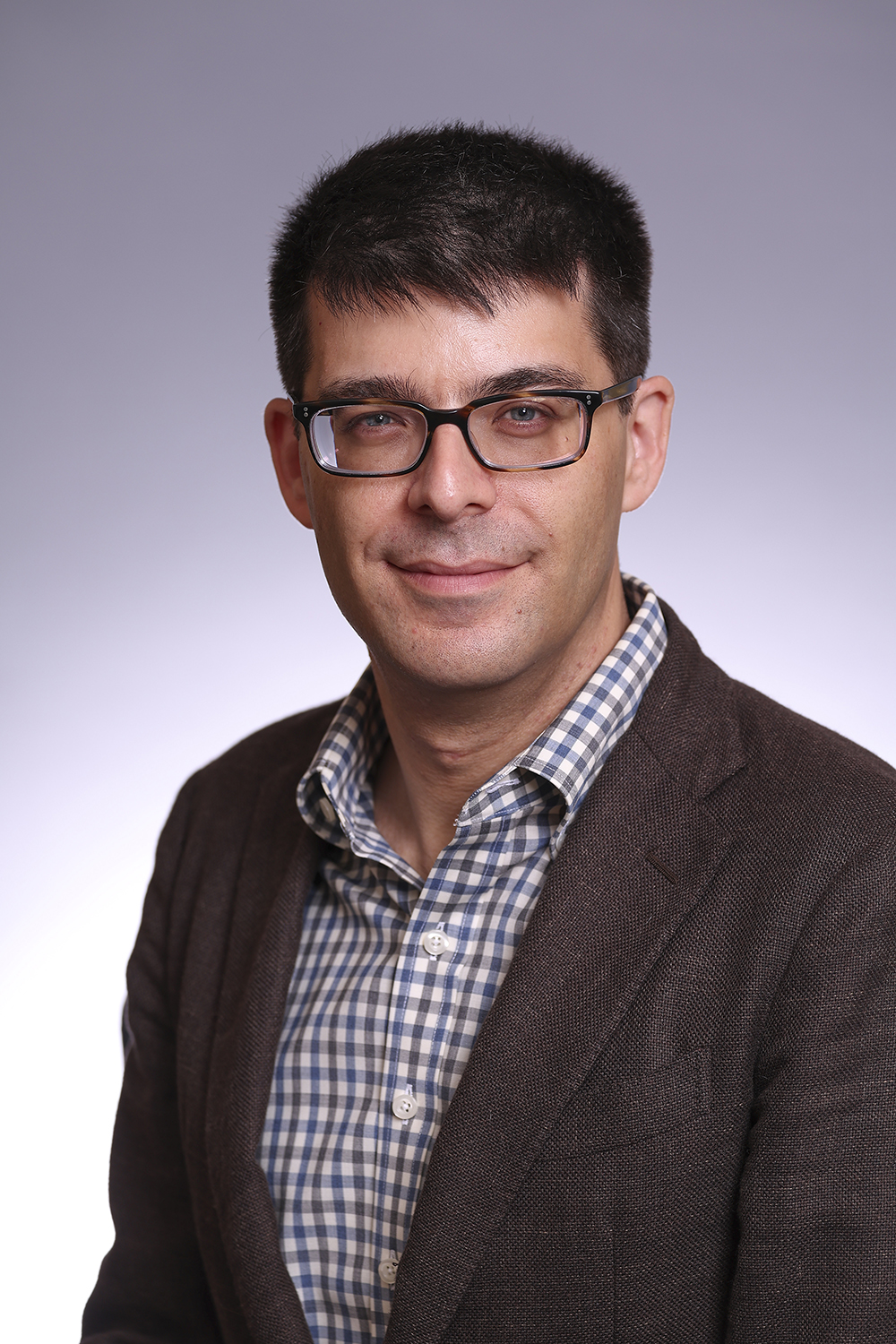


James M. Acton, Saskia Brechenmacher, Cecily Brewer, …
Most Americans believe the United States is declining in global power and influence, and nearly two-thirds say China’s power now equals or exceeds that of the United States.
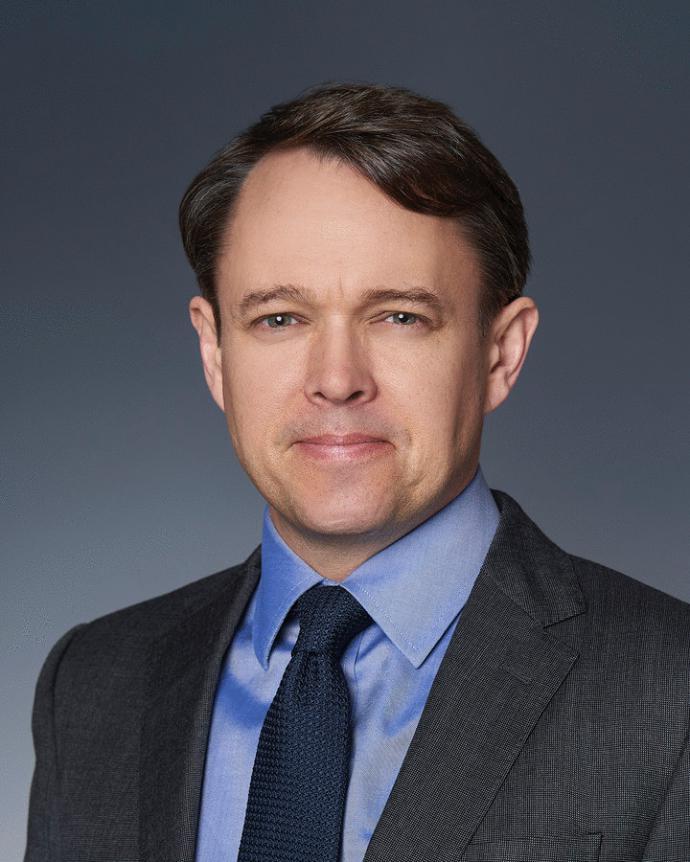
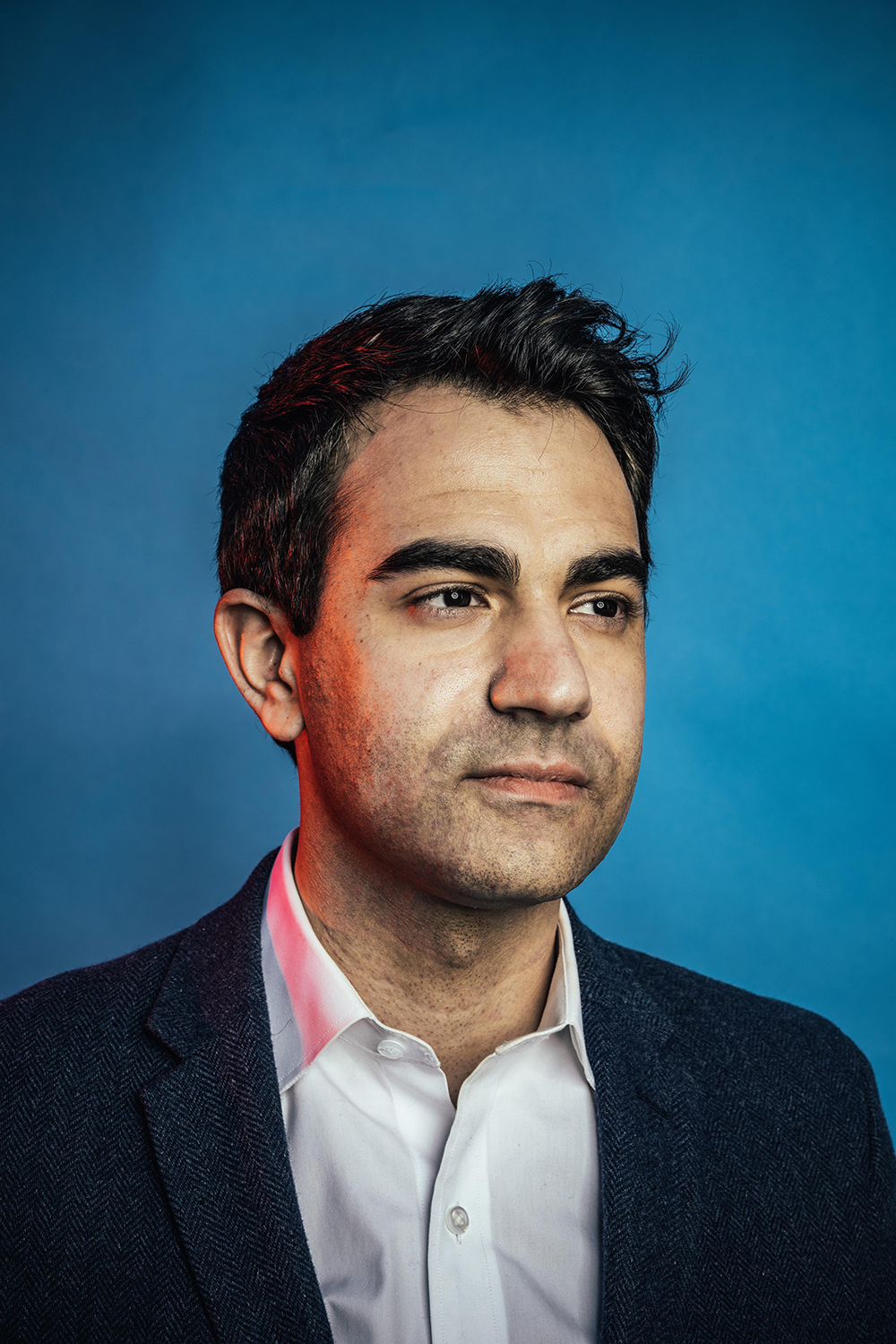
Christopher S. Chivvis, Stephen Wertheim, Liana Schmitter-Emerson
The story of a has-been politician apparently caught red-handed is intersecting with the larger forces at work in the Ukrainian parliament.
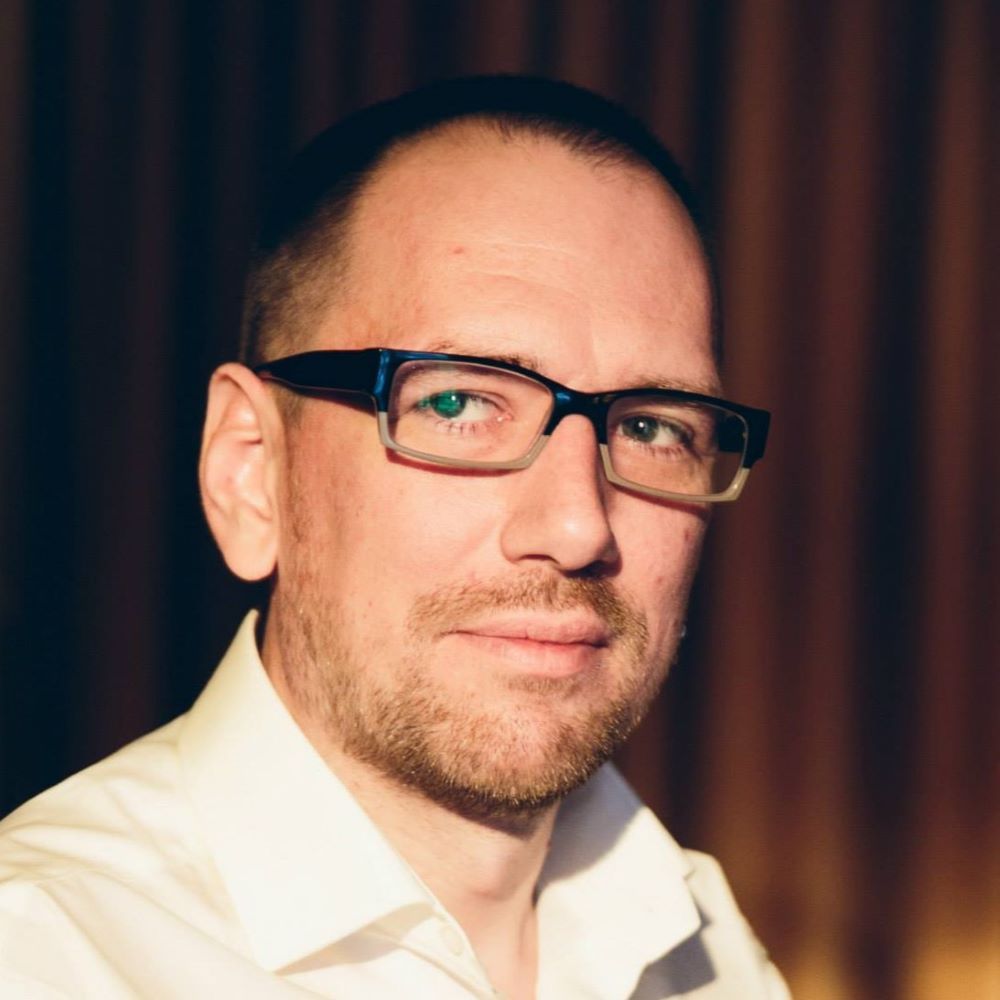
Konstantin Skorkin